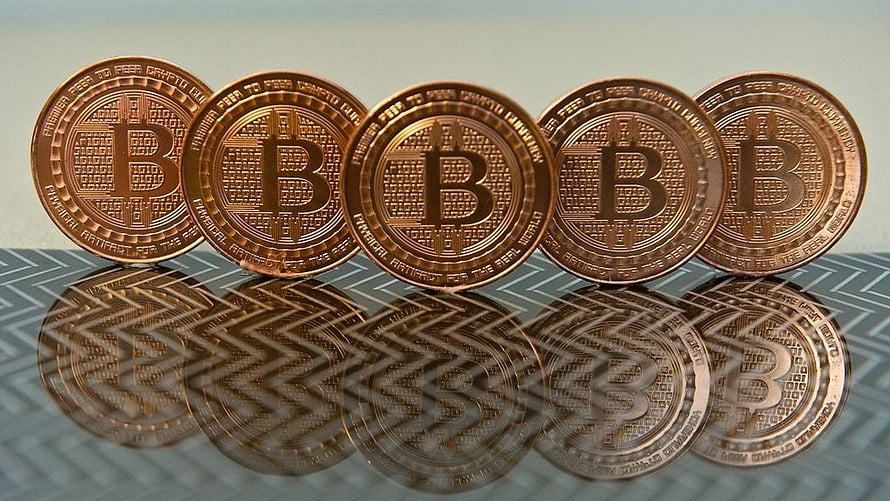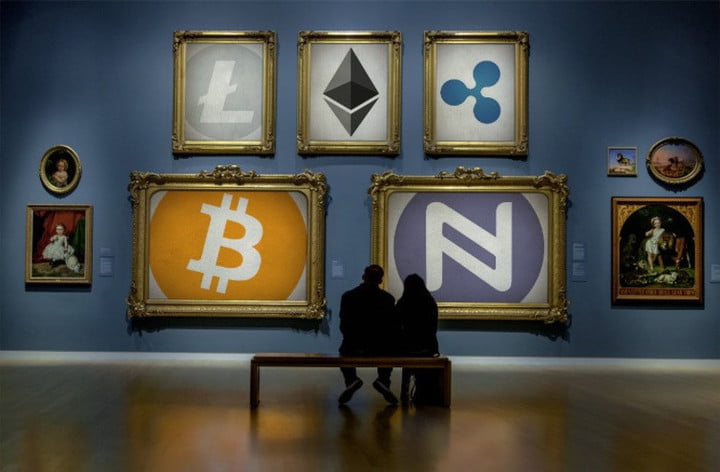Bitcoin Needs More Politics, Not Less
Jim Harper is a vice president at the Competitive Enterprise Institute. A former counsel to committees in both the US House of Representatives and the US Senate, he served as Global Policy Counsel for the Bitcoin Foundation in 2014. In this opinion piece, Harper discusses the longstanding developer conflicts that have come to define bitcoin's governance, arguing that just because there haven't been any results yet, doesn't mean there won't be.

Two years ago today, politics invaded the world of bitcoin development.
It's been non-stop controversy ever since. But Gavin Andresen's essay series, "Time to Roll Out Bigger Blocks," didn't introduce politics to bitcoin. And the cure for what ails its highly controversial development ecosystem isn't getting rid of politics. Bitcoin actually needs more and better politics. How bitcoin politics are practiced is up to the community, which might take some lessons from principles of good government.
When Andresen 'went public' with his arguments for bigger blocks, that was the result of political failings on all sides that long predated his writing. Put simply, there are many competing visions for bitcoin's optimal uses, its future, the risks it faces and how to manage them. While minor improvements to the code continue, nobody so far has been a good enough politician to get their broader vision for bitcoin widely adopted. So, what gets people to abide by difficult group decisions, even when the decisions go against them?
Lessons from government
The US Constitution requires 'due process' in both the Fifth Amendment and the Fourteenth Amendment. That means that US citizens and residents are supposed to get fairness of two types from their governments:
- Systems designed to produce correct answers
- The right to participate in decisions that affect them.
Elections operate along the same lines, giving everyone, including the losers, a say in who will operate the government. Bitcoin is meant, in part, to help people escape the grasps of hugely fallible governments, of course. But, you might ask, isn't bitcoin an apolitical system that resists governance? Governance and government are not the same. Every human system, including bitcoin, has governance. Bitcoin governance is whatever influences or directs the community's decision-making and the software's many encoded policies.
Bitcoin is also inherently political. Politics is essentially human relations at scale. When politics are practiced well, we don't notice it. It's politics done poorly, or running against our interests, that we speak ill of, along with the politicians who practice it. With a few noisy exceptions on the social media margins, everyone involved in bitcoin protocol and software development is a good faith actor. So, why are their efforts to move forward drawing heaps of derision and failing to advance their visions? It may be the failure to respond to the demand for due process.
Theory of open-source
Bitcoin is a category buster, so let's talk about the due process in terms of economics. In theory, markets work because a large number of buyers and sellers have perfect information, products are homogeneous, transaction costs are low or non-existent and everyone is rational. In practice, buyers and sellers are under-informed, transaction costs are often high and the decision-making of humans is driven away from correct choices by psychological, social, cognitive and emotional factors.
There's a 'perfect markets' theory for open-source software development, too, and it especially fails with respect to bitcoin. It holds that developers will perfectly perceive the needs of the community and respond to them, that miners will clearly recognize their economic interests and act in accordance with them, that bitcoin users will all oversee this process well, guiding the other sectors of the bitcoin ecosystem toward its highest and best use. It turns out that everyone isn't an expert in coding, in economics and in perceiving their own interests in an uncertain cryptocurrency future.
Miners and users don't follow the 'perfect governance' script very well themselves, but bitcoin development seems to diverge from theory the most. Developers, it turns out, are humans, who have limited time, information and capacity for cognition. Nobody could incorporate the information necessary to advance the bitcoin project consistent with all the goals held for it across the ecosystem. These fascinating 'developer-humans' exhibit human behaviors like trusting people they know and discounting information from people they don't know.
That's no basis for criticizing any developer, of course, but the leading development team, Bitcoin 'Core' sometimes seems to speak with a unified voice, and sometimes seems to vanish behind the theory that open-source development is just uncoordinated people from which coding decisions emerge.
The solution
In a system with worldwide usage and strong network effects, that makes a lot of people feel they are being denied due process. A lot of people feel they aren't getting a say in a project they feel passionate about. It's easy, despite the fact of good faith all around, to fall into thinking that the process is not designed to produce a correct outcome.
As a congressional staffer in the 1990s, I participated in a meeting where some academics suggested what the future of telecommunications regulation would look like. "Bits – everything will be bits," they said. The direction of communications technology was obvious already, and perpetuating its regulation was not my preferred goal. But, the meeting was bemusing because in Congress, knowing the right answer is 10% of the problem or less. Getting people convinced of the right answer is the other 90%. There are many right answers for bitcoin's future. Perhaps, if there were more bitcoin politics, more people could be brought on board with one or more of them.
Chuck Reynolds
Contributor
Alan Zibluk Markethive Founding Member






 Introduced in 2008 as the technology underpinning Bitcoin, a digital currency that is created and held electronically without any central authority, blockchain is a secure digital ledger for any kind of data. It simplifies record keeping and reduces transaction costs.Its range of applications in commerce, finance and potentially politics continues to widen, and that has triggered a debate around how to regulate the tool.
Introduced in 2008 as the technology underpinning Bitcoin, a digital currency that is created and held electronically without any central authority, blockchain is a secure digital ledger for any kind of data. It simplifies record keeping and reduces transaction costs.Its range of applications in commerce, finance and potentially politics continues to widen, and that has triggered a debate around how to regulate the tool.





